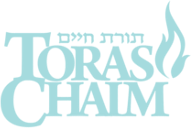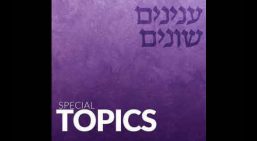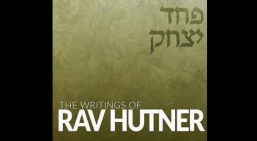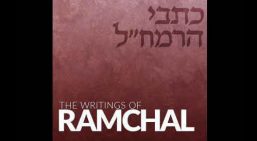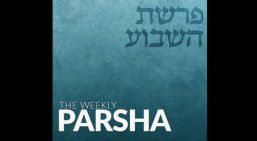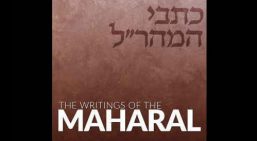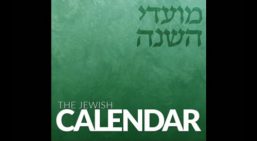


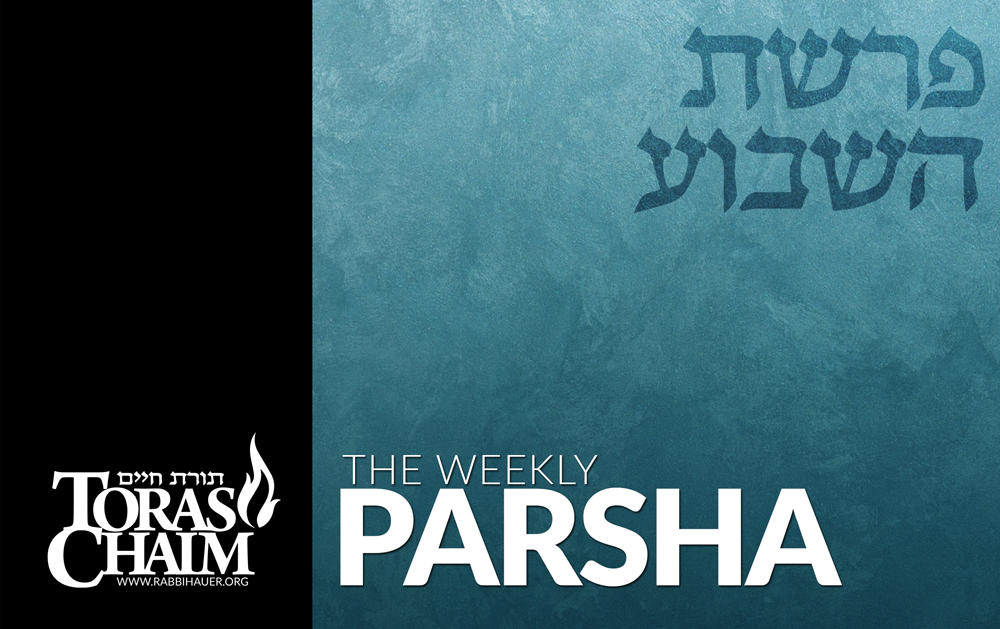
Length: 46 minutes
There are 2 covenants associated with Avraham Avinu—the bris of chessed, and the bris milah. Although we usually associate the bris milah as symbolizing the relationship between man and Hashem, chessed also shows this connection, through the person emulating Hashem. A Jew is identified by both of these covenants. Even when a person has strayed far from Judaism, he can still be connected to Avraham Avinu and the Jewish people through the bris hachessed and bris milah.

Length: 48 minutes
In the second aliyah of Parshas Vayeira, Hashem tells Avraham about the planned destruction of Sodom. Hashem consults with Avraham on this matter because Avraham is his partner in the world, working to bring Hashem’s presence down. As a partner in creation, Avraham has a say about what will be, and asks Hashem to act according to din and not destroy the righteous along with the wicked. Beyond that, he asks for the wicked to be spared along with the righteous, so that he can continue his job of bringing recognition of Hashem to this world, as a partner.

Length: 49 minutes
In the third aliyah of Parshas Vayeira, we learn about the destruction of Sodom. Although the malachim (angels) are treated with hostility from the start, the fate of Sodom is not sealed until after Lot tries to convince the people not to act in a despicable way. The people do not want to hear rebuke, and say that Lot has no right to speak to them in that way. This character trait is what blocks a person from teshuva (repentance) and self-improvement, as they will never be open to change. Lot originally saw this in Mitzrayim, and lived in Sodom because they had a similar attribute, one which he still carried with him even after he was saved.

Length: 48 minutes
There are many stories in the 4th aliyah of Parshas Vayeira, and they all have a common element. After Sodom is destroyed and Lot is saved, he has children with his daughters. After Sarah is taken by Avimelech and he repents, Avimelech is able to have children, and Sarah gives birth to Yitzchok. All of these children are born through different relationships. We learn about the different aspects of relationships in terms of genuine chessed, true giving and expansion of oneself, and chessed meaning shame, a lustful relationship that is self-serving. We want to access the chessed of Avraham—true giving and expansion of self—which is the antithesis of Sodom.

Length: 1 hour 3 minutes
Akeidas Yitzchok was the ultimate test of Avraham Avinu, after which Hashem proclaimed that now he has true yiras elokim (fear of G-d). Until this point, Avraham understood what he was doing in his service of Hashem, and continued coming close to him with ahavah (love). When Hashem asks him to sacrifice his son, it is the antithesis of everything he knows and understands about Hashem. By following Hashem’s orders, he demonstrates a complete subservience to Hashem’s requests, regardless of whether or not he understands. This adds the critical element of yirah (fear) to his relationship with Hashem, instead of an all-encompassing love.

Length: 1 hour 14 minutes
The story of Hagar and Yishmael’s birth is a complex one, with different roles played by Hagar, Sarah, and Avraham. Originally, when Sarah gives Hagar over to Avraham, she gives her as a full wife out of respect for Avraham. However, Hagar oversteps her boundaries and does not recognize that she is still Sarah’s maidservant. The child that Hagar had with Avraham was supposed to be like the child of Sarah and Avraham—however, Hagar’s reaction made it not be the case. We discuss the intricacies of the story and the continuing transformation of Sarah—from the wife of Avraham, to the mother of Yitzchak and Klal Yisroel.
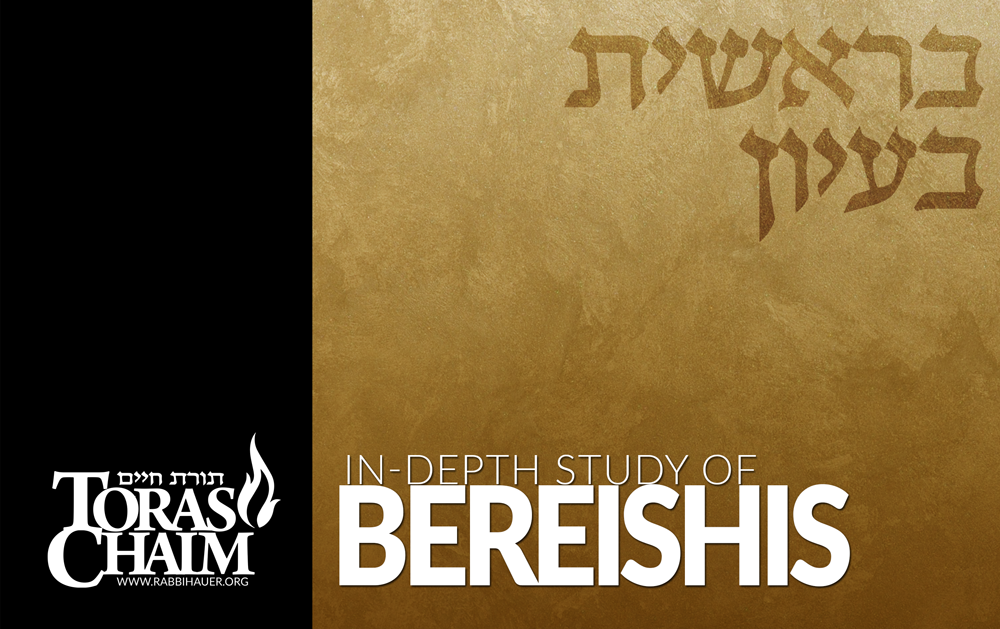
In this series, we explore the parsha of Bereishis in depth. There are many powerful, important lessons that we learn from the first parsha in the Torah, about the creation of the world, man, and the sin of Adam and Chava.
Yamim Noraim 5780- Uncovering the Heart
The period of the month of Elul and the Yamim Noraim, known as the High Holiday season, is a great gift, מן הטובות אשר הטיב הי"ת עם ברואיו. Each year we are afforded this opportunity to reflect and to reconnect, to spend weeks engaged with G-d and community on a...
Yamim Noraim 5779: Echad- One!
The period of the month of Elul and the Yamim Noraim, known as the High Holiday season, is a great gift, מן הטובות אשר הטיב השי”ת עם ברואיו. Each year we are afforded this opportunity to reflect and to reconnect, to spend weeks engaged with G-d and community on a...
Purim, Prayer and the 5:1 Ratio
When Adar enters joy increases. When Av enters joy decreases. What is it about these two months that causes joy to fluctuate? There is much discussion in the world of relationships about the ratio of criticism to praise. Marriage researcher John Gottman has found that...
Purim and Yom Kippur: A Concept and a Suggestion
The conflict of the Jewish people and Amalek – central to the story of Purim – is a continuation of the ongoing struggle between their forebears, Yaakov and Eisav. Yaakov and Eisav were twins, but whereas some twins are identical, these twins were opposites. Yaakov...
Mastering Our Use of Technology NEW VIDEO
